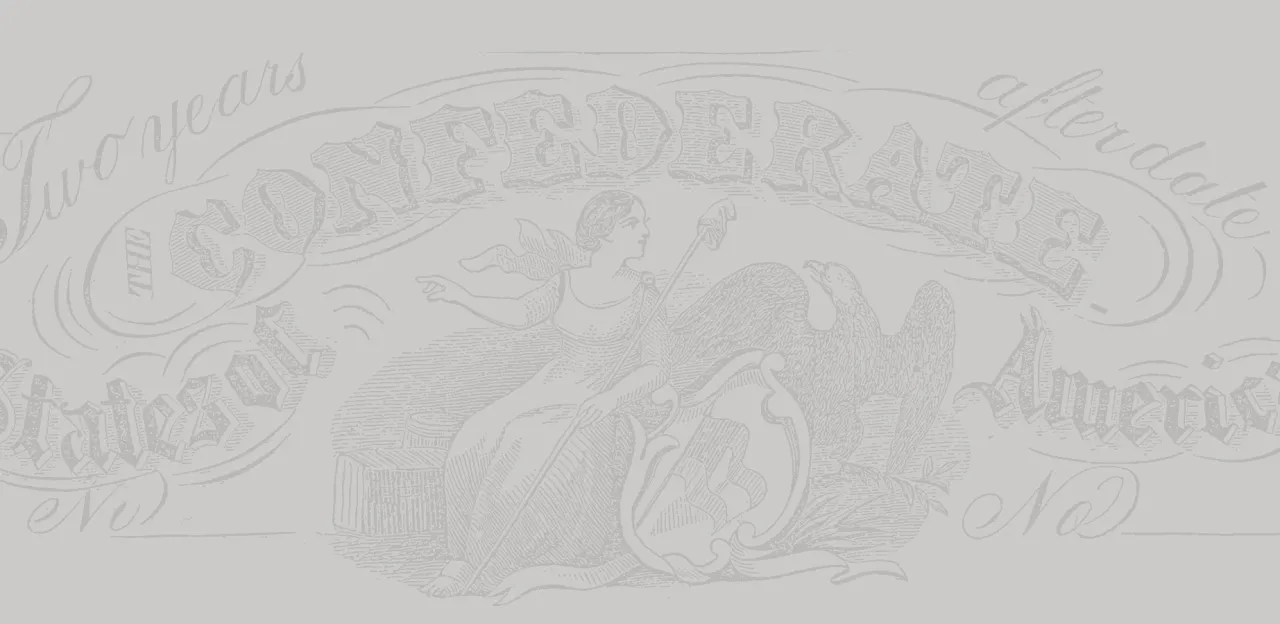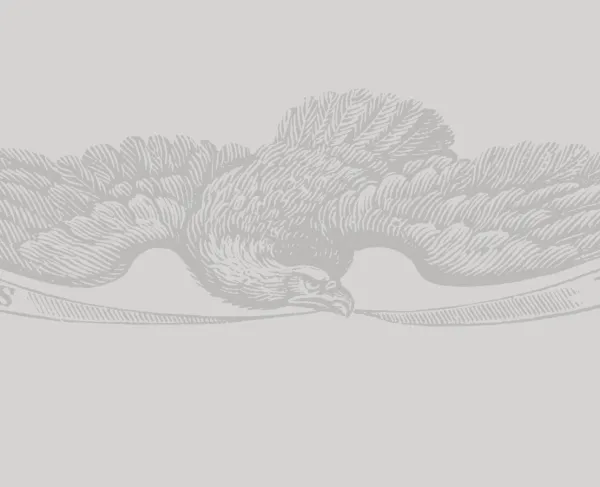Vicksburg: "The Cave We Inhabited"

Mary Ann Webster Loughborough wrote about her experiences during the siege of Vicksburg. She, her young daughter and enslaved servants took refuge in caves during the siege while her husband, Major James Moore Loughborough, took part in the military actions with other Confederate officers. These excerpts from Mrs. Loughborough's memoir were first published in 1864 and reflect some of the dangers and hardships of the civilians in the riverfront city.
My past resolution having forsaken me, again were the mortar shells heard with extreme terror, and I was many days recovering the equanimity I had been so long attaining. This night, as a few nights before, a large fire raged in the town. I was told that a large storehouse, filled with commissary stores, was burning, casting lurid lights over the devoted city; and amid all, fell—with screams and violent explosions, flinging the fatal fragments in all directions—our old and relentless enemies, the mortar shells.
The night was so warm, and the cave so close, that I tried to sit out at the entrance, George saying he would keep watch and tell when they were falling toward us. Soon the report of the gun would be heard, and George, standing on the hillock of loose earth, near the cave, looked intently upward; while I, with suspended breath, would listen anxiously as he cried, "Here she comes! going over!" then again, "Coming—falling—falling right dis way!" Then I would spring to my feet, and for a moment hesitate about the protection of the cave. Suddenly, as the rushing descent was heard, I would beat a precipitate retreat into it, followed by the servants.
That night I could scarcely sleep, the explosions were so loud and frequent. Before we retired, George had been lying without [outside] the door. I had arisen about twelve o'clock, and stood looking out at the different courses of light marking the passage of the shells, when I noticed that George was not in his usual place at the entrance. On looking out, I saw that he was sleeping soundly, some little distance off, and many fragments of shells falling near him. I aroused him, telling him to come to the entrance for safety. He had scarcely started, when a huge piece of shell came whizzing along, which fortunately George dodged in time, and it fell in the very spot where he had so lately slept.
Fearing to retire, I sat in the moonlight at the entrance, the square of light that lay in the doorway causing our little bed, with the sleeping child, to be set out in relief against the dark wall of the cave—causing the little mirror and a picture or two I had hung against the wall to show misshapen lengths of shadows—tinting the crimson shawl that draped the entrance of my little dressing room, with light on the outer folds, and darkening in shadow the inner curves;—beautifying all, this silvery glow of moonlight, within the darkened earth—beautifying my heart with lighter and more hopeful thoughts....
Days wore on, and the mortar shells had passed over continually without falling near us; so that I became quite at ease, in view of our danger, when one of the Federal batteries opposite the intrenchments altered their range; so that, at about six o'clock every evening, Parrott shells came whirring into the city, frightening the inhabitants of caves woefully.
Our policy in building had been to face directly away from the river, and all caves were prepared, as near as possible, in this manner. As the fragments of shells continued with the same impetus after the explosion, in but one direction, onward, they were not likely to reach us, front in this manner with their course.
But this was unexpected—guns throwing shells from the battle field directly at the entrance of our caves. Really, was there to be no mental rest for the women of Vicksburg?
The cave we inhabited was about five squares from the levee. A great many had been made in a hill immediately beyond us; and near this hill we could see most of the shells fall. Caves were the fashion—the rage—over besieged Vicksburg. Negroes, who understood their business, hired themselves out to dig them, at from thirty to fifty dollars, according to the size. Many persons, considering different localities unsafe, would sell them to others, who had been less fortunate, or less provident; and so great was the demand for cave workmen, that a new branch of industry sprang up and became popular—particularly as the personal safety of the workmen was secured, and money withal....
And so the weary days went on—the long, weary days—when we could not tell in what terrible form death might come to us before the sun went down. Another fear that troubled M— [her husband] was, that our provisions might not last us during the siege. He would frequently urge me to husband all that I had, for troublesome times were probably in store for us; told me of the soldiers in the intrenchments, who would have gladly eaten the bread that was left from our meals, for they were suffering every privation, and that our servants lived far better than these men who were defending the city. Soon the pea meal became an article of food for us also, and a very unpalatable article it proved. To make it of proper consistency, we were obliged to mix some corn meal with it, which cooked so much faster than the pea meal, that it burned before the bread was half done. The taste was peculiar and disagreeable.
However, it soon proved unwholesome, for the soldiers were again allowed to draw rations of the remaining corn meal, with the peas in the kernel to be boiled with meat. We were, indeed, experiencing the rigors and hardships of a siege, for we ate nothing now but meat and bread.
Still, we had nothing to complain of in comparison with the soldiers; many of them were sick and wounded in a hospital in the most exposed parts of the city, with shells falling and exploding all around them. One shell went completely through a hospital in the centre of the city, without exploding or injuring any one, save by the severe shock to the invalids: a fragment afterwards came through the side of the same house, severely fracturing the hip of a soldier, who was already wounded; one or two wounded men were, also, killed by fragments of shell while in the hospital....
How very sad this life in Vicksburg!—how little security can we feel, with so many around us seeing the morning light that will never more see the night! I could not sit quietly within hearing of so much grief; and, leaving my seat, I paced backward and forward before the low entrance of my [cave] house. The court-house bell tolled twelve; and though the shells fell slowly still around the spot where the young life had gone out, yet friends were going to and from the the place.
How blightingly the hand of warfare lay upon the town! even in the softening light of the moon—the closed and desolate houses—the gardens, with gates half open, and cattle standing amid the loveliest flowers and verdure! This carelessness of appearance and evident haste of departure was visible everywhere—the inhabitants, in this perilous time, feeling only anxiety for personal safety and the strength of their cave homes....
God in his mercy helps the poor human hearts that suffer, struggle, and grow strong in these sad years of warfare! No one came now—no word to show that life still throbbed in the silent city.
Source:
My Cave Life in Vicksburg by Mary Ann Webster Loughborough (New York: Appleton, 1864).
Pages 69-72, 76-77, 81-82.
Related Battles
4,910
32,363



